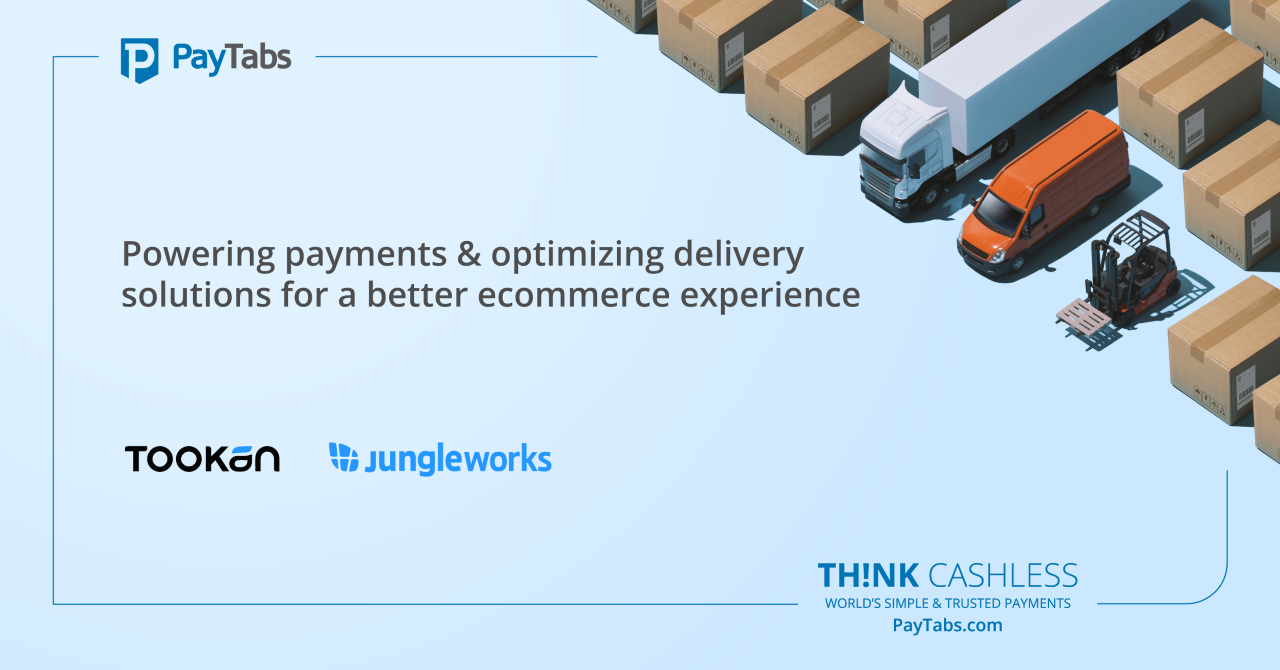7 Online Payment Definitions You Should Know

Online payment systems are a complex mechanism with very specific and specialized terminology. In order to fully understand the operations and working of online payment systems, it is important to be conversant with various terms associated with these systems. Here are some of the most important and widely used terms which you need to know to remain updated about online payment ecosystem.
- Merchant Account: This is the type of account which a business needs to acquire while entering into a contract with an acquiring bank. A merchant account has several features, the most important ones pertaining to the ability to process debit card or credit card payment system. Once an online transaction is executed, the acquiring bank proceeds to accept payment from the customer. The funds are then deposited into the merchant’s account after making due deductions. These funds are later paid into the merchant’s business account.
- Acquiring Bank: An acquiring bank is responsible for processing card payments, including debit and credit card payments for a business. Such banks are associated with different card networks including Visa, American Express, etc. The main function of these banks is to act as a middle person between issuing banks and the businesses. An acquiring bank carries out a large number of services such as accepting card payments from card issuing banks. It also carries out the verification of the transactions for approving or disapproving the payment.
- Issuing Bank: This bank is entrusted with the task of issuing debit cards or credit cards to customers. The name of such bank is printed on the card and thus is easily identifiable. An issuing bank is also known as card issuer. This bank is authorized to extend credit facility to its clients by implementing letter of credit process. Some of the major card issuers around the world are Visa, HSBC, MaterCard, Citi and Barclays.
- 3-D Secure: Ensuring safety and security of the sensitive information is very important in online payment ecosystems. 3-D Secure refers to Three Domain Secure protocol and helps in preventing fraud in online debit card and credit card transactions. This protocol establishes the identity of the card holder by assigning unique username and password to the cards. For example, Visa uses Verified by Visa service for this purpose while MasterCard uses MasterCard SecureCode to carry out 3-D Secure procedure.
- Chargebacks: A chargeback is a mechanism to ensure customer protection in the case of online transactions. It is done to provide security to customers in the case of disputed transactions. Under this system, the money is either reimbursed to the cardholder or to the merchant, depending upon the particulars of the transaction disputed. Some of the main events which may trigger charge-backs are the non-receipt of the goods, dispatch of wrong goods or the use of the card without being authorized by the card holder. Excessive charge-backs may lead to revocation of online payment privileges for the business organization. Alternatively, they may be saddled with high fines.
- Rolling Reserve: This term refers to the proportion of the transaction value which is kept in abeyance by the acquiring bank. The amount is later released in a staggered manner to the merchant. The main purpose of rolling reserve is to protect against various risks associated including chargebacks with online payments. Rolling reserve ensures that the merchant has enough liquidity to honor chargebacks. Acquiring banks carry out periodic review of rolling reserve ratio applicable to different merchants. Such limits are decided based on volume of online transactions and the risk profile of the firm. This constraint is not universal in nature and thus is not applicable to a large number of businesses.
- PCI DSS: This protocol refers to Payment Card Industry Data Security Standard, as defined by the PCI Council. The main purpose of this protocol is to improve the security factor of online payments. It enumerates various policies and procedures which need to be adhered to so that the sensitive information pertaining to the business and its clients is handled in a well-defined and recognized manner. The Council was created through the collaboration of various credit card companies such as Visa and MasterCard.
Though these are the most important ones, there are other terms also which are important to know in the context of online payments. The need of the hour is to keep oneself completely updated about the changing norms in online transactions.




